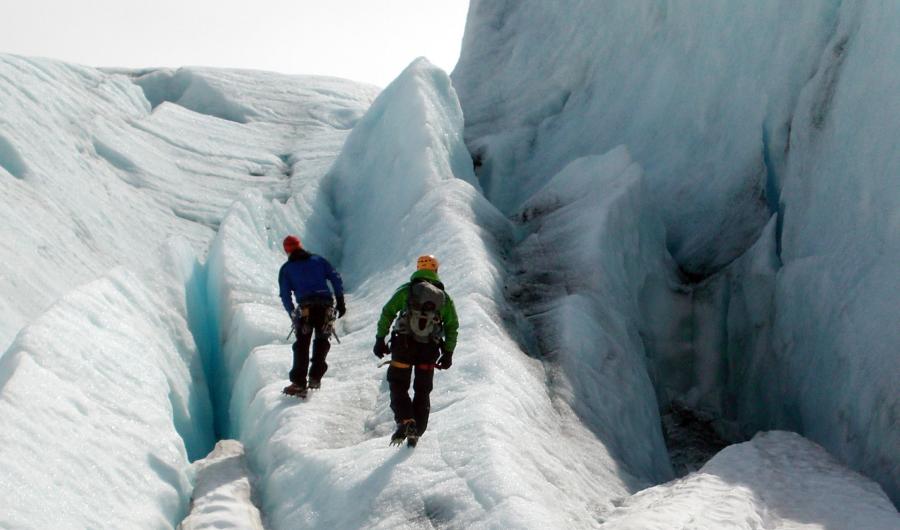
Programme description
Note: Compulsory participation on location in Norway in March only, i.e. end of February until beginning of April.
Time schedule:
January and February: Preparation on location of choice and Online teachings.
March: Compulsory participation on hiking-tours etc. in Nordland/Bodø, Norway. The students are required to have arrived in Bodø no later than the week when March is starting, i.e. the last week of February. The students can travel back to their home university after March 31.
April and May: Individual work on location of choice and Online teachings
Higher Education Entrance Qualification
English language proficiency
View general admission and documentation requirements
Aims
- Provide a field based experience of the human physiological and psychological responses to exercise in selected environmental conditions.
- Physiological assessment of the acute responses. Exercise and performance in different environments
- Skills and strategies that might be employed to mitigate the effects of the environment will also be considered. The course will provide students with the skills required to advise individuals on the preparation necessary to perform physical activity in these environments.
- Understanding of social, psychological and physiological challenges when living and exercising in extreme environments, like in Northern Norway.
- Understanding how to interact with others and nature in extreme environments.
Learning Outcomes
- Be able to discuss human physiological and psychological responses to acute and chronic exposure to different (e.g. cold air and water) environments.
- Know how to evaluate the effect that different environments have on the body's response to adapt and perform.
- Be able to use physiological and psychological measurement techniques to measure the environmental effect on performance in extreme conditions and demonstrate skills that might mitigate such effects.
- Have knowledge about and be able to discuss social and psychological aspects when living in extreme environments.
- Develop an understanding of and have respect for nature in extreme environments.
- Be able to consider ethical issues related to activities in nature.
In addition to the semester fee and syllabus literature, it is assumed that the student has a laptop at their disposal. The student needs to cover for personal equipment for outdoor activities.
More information for students with citizenship outside te EU/ EEA and Switzerland: https://www.nord.no/en/study-programmes/admission/tuition-fees



